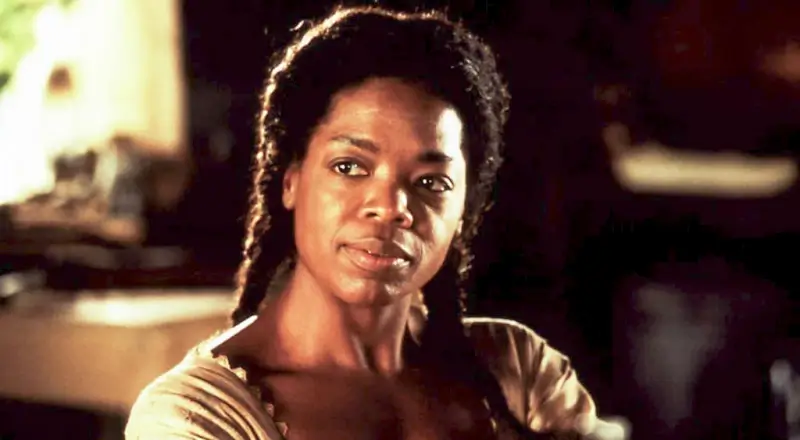Sometimes I think there are stories too heavy for words, and yet they still find ways to be told. When I first read Beloved, I did not know what to do with the silence that followed me after the last page. It was not the kind of silence that comes from emptiness, but from fullness — as if the air itself had become dense with sorrow, love, and the unending echo of memory. Sethe’s story is not easy to hold, but perhaps that is the point. Some truths are meant to sit in the body, not just the mind.
Sethe lives at the intersection of two unbearable things: freedom and remembrance. She escapes slavery only to be haunted by what it cost her. The house she lives in breathes with ghosts, but the most haunting spirit of all is her own grief. When she kills her child to spare her from slavery, she performs the most devastating act of love imaginable. The world calls it madness. I think of it as the final scream of a mother who refuses to let the world break her child the way it broke her.
Reading about Sethe feels like standing in front of a mirror that reflects more than one lifetime. I see her fear and tenderness, her defiance and exhaustion, her love that burns too fiercely to fit into the world’s understanding of motherhood. What kind of society, I keep asking myself, makes a mother believe death is the kinder gift? Morrison does not answer. She only shows us what it feels like to live with that question.
What moves me most about Sethe is her refusal to let go of the past, even when it consumes her. She carries her trauma like a heartbeat. It is not weakness; it is memory demanding to be seen. There is something profoundly sociological in that — how trauma does not vanish when history says it should, how pain becomes inherited, reshaped, carried silently through generations. Sethe’s ghost is not only her daughter; it is the shadow of a nation still learning to speak honestly about what it has done.
At times, I want to believe that Sethe finds peace by remembering. But perhaps peace is too simple a word. What she finds instead is the courage to exist with her past, to claim even the most horrific moments as parts of herself. There is a strange tenderness in her grief, as if love itself has been stretched beyond recognition. Morrison allows her to feel everything — shame, anger, yearning — and still remain whole.
Sethe reminds me that love can be both a sanctuary and a wound. It saves her and destroys her, defines her and isolates her. In her, I see the human cost of survival, the ache of those who live after unspeakable violence and must build meaning from fragments. She does not fit into any neat category of good or evil, hero or victim. She is simply human, and in that humanity lies her brilliance.
I think of her sometimes when I see how people speak of history as if it were over, as if time alone could heal what was done. Sethe’s life is proof that forgetting is not the same as healing. To study society, to understand people, is also to confront what we would rather not remember. Her story is a living testament to the idea that the past does not end; it reshapes itself through those who remember.
What I carry from Beloved is not only Sethe’s sorrow, but her persistence. She teaches me that survival is not the same as freedom, and that love, even when broken, can still be sacred. There is grace in her suffering, not because it redeems her, but because it refuses to vanish. Sethe does not ask for forgiveness. She asks to be seen — and in seeing her, I begin to understand that every act of remembrance is an act of love.


Để lại một bình luận